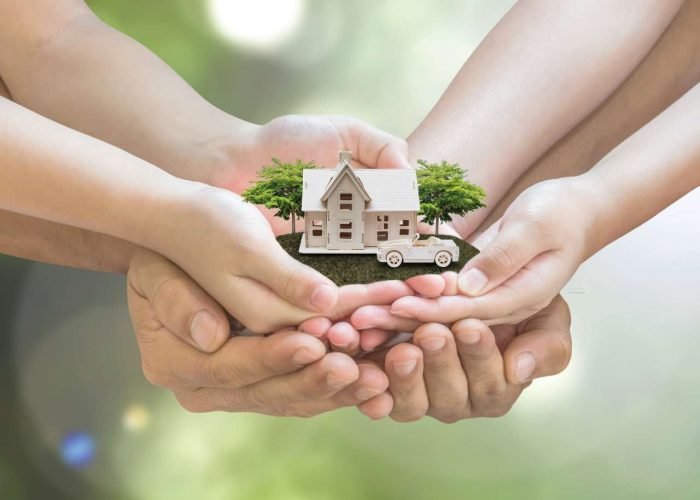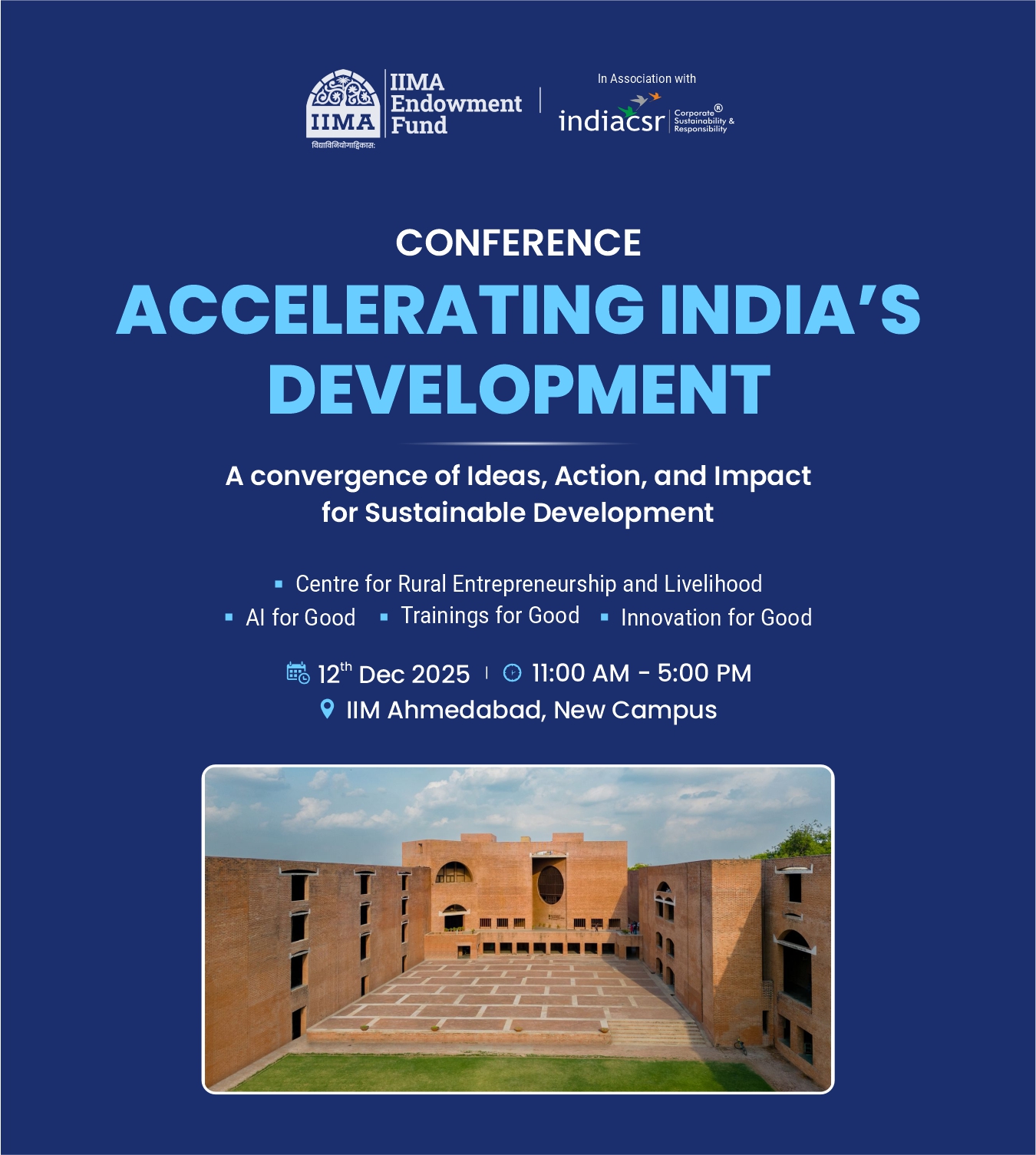By Amit Jain
There was a time when business achievements were solely judged by profit and loss. But as society evolved, so did the concept of what actually makes a company successful. Today, the balance sheet only half-answers the story, the other half is written in terms of Corporate Social Responsibility (CSR). For real estate developers, trust of the community is the pillar upon which all successful brands are built. Large developments transform neighbourhoods, impact ecosystems, and shape day-to-day life for thousands. CSR efforts such as enhancing local schools, healthcare support, to upgraded public infrastructure show a developer caring about the progress of the community, and not merely its bottom line.
Just as important is environmental stewardship. The real estate and construction industries are among the biggest consumers of resources and carbon emitters. Developers today have a responsibility to incorporate sustainability into each step of design and building.
Green building, rainwater harvesting, and renewable energy CSR programs not only reduce ecological imbalance but also introduce new standards for sustainable urban development. Progressive developers already are selecting environmentally friendly materials, conserving natural landscapes, and keeping open green spaces in place and not just to meet government requirements but also appealing to today’s evolved homebuyers that’s are increasingly environmentally conscious and highly interested in sustainability and lower carbon footprints.
Reputation is one of a developer’s best currencies. Businesses that spend money on the environment and social welfare are differentiated in a saturated market. Homebuyers have faith in brands that clearly give back either through job programs, educational initiatives, or support health care.
This credibility builds up over time: it reinforces word-of-mouth, and generates brand loyalty that no advertising effort can purchase. In a marketplace where reputation can make or break an entire project, CSR is a differentiator driving ethical and economic success.

CSR plays a significant role in compliance and risk management by promoting a culture of ethics and accountability within an organization. By integrating CSR into operations, companies can enhance their reputation, reduce the risk of reputational damage, and ensure compliance with regulations and laws related to social and environmental issues. CSR initiatives also help in identifying and mitigating social and environmental risks, and fostering engagement with stakeholders. This helps companies understand and address stakeholder concerns, promoting an ethical culture. Effective CSR strategies can mitigate risks, improve compliance, and contribute to long-term sustainability.
Sajjan Jain Support Trust, a CSR initiative of Arkade Developers, aims to partner with leading NGOs to deliver essential resources, bridging gaps and fostering lasting positive change. Supporting cancer treatment at Tata Memorial Hospital, one of India’s foremost institutions in the fight against cancer, and empowering education through NAB India, rebuilding schools in remote regions, beach cleaning and tree plantation amongst others.
Finally, for property developers, CSR is no longer philanthropy; it’s a strategy. It aligns profit with purpose, compliance with compassion, and building with conscience. Through long-term investment in communities and a respect for the environment, developers can create more than buildings — they can create trust, sustainability, and long-term value for generations to come.
About the Author
Amit Jain is the Chairman and Managing Director at Arkade Developers Limited.
Terms & Conditions: India CSR does not permit other Websites/agencies to copy or reproduce, or reprint the above article/feature in any form or means.





